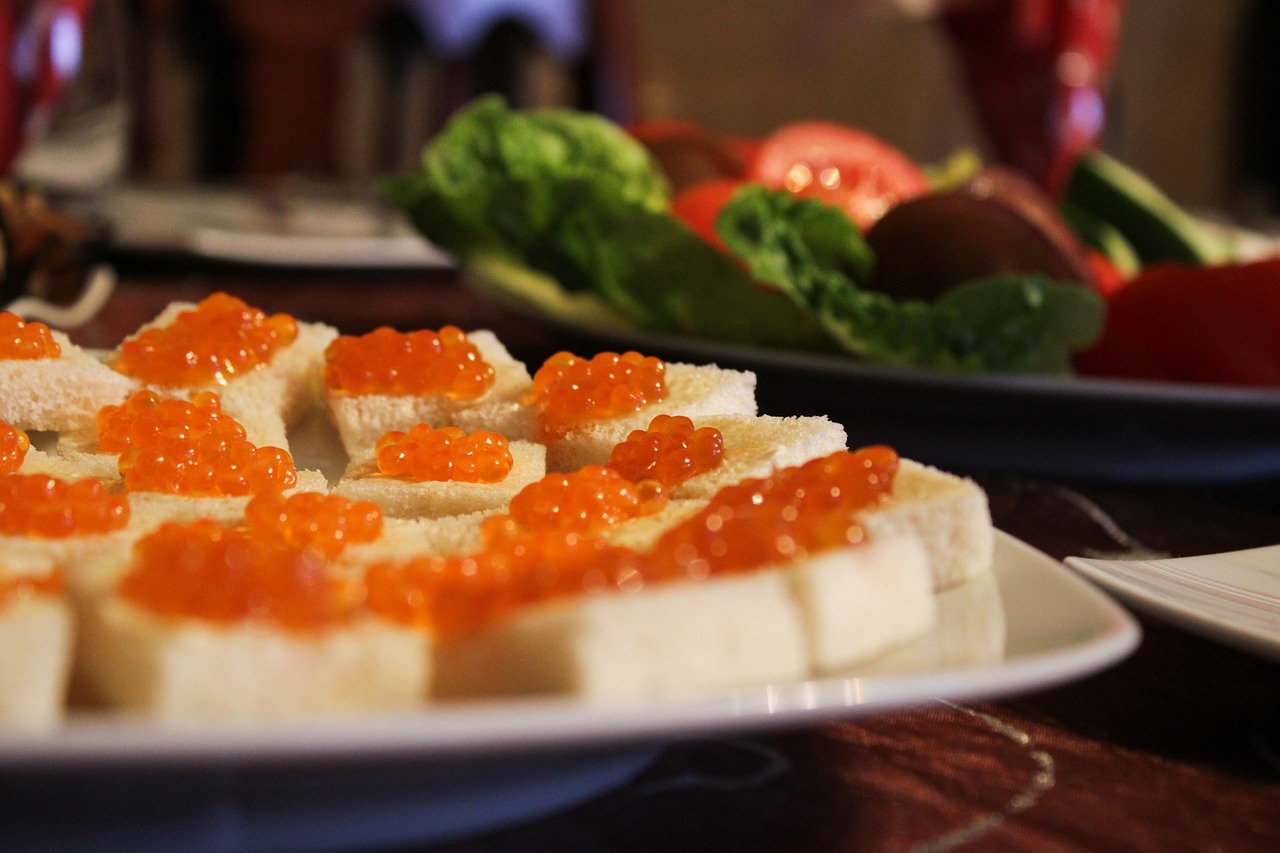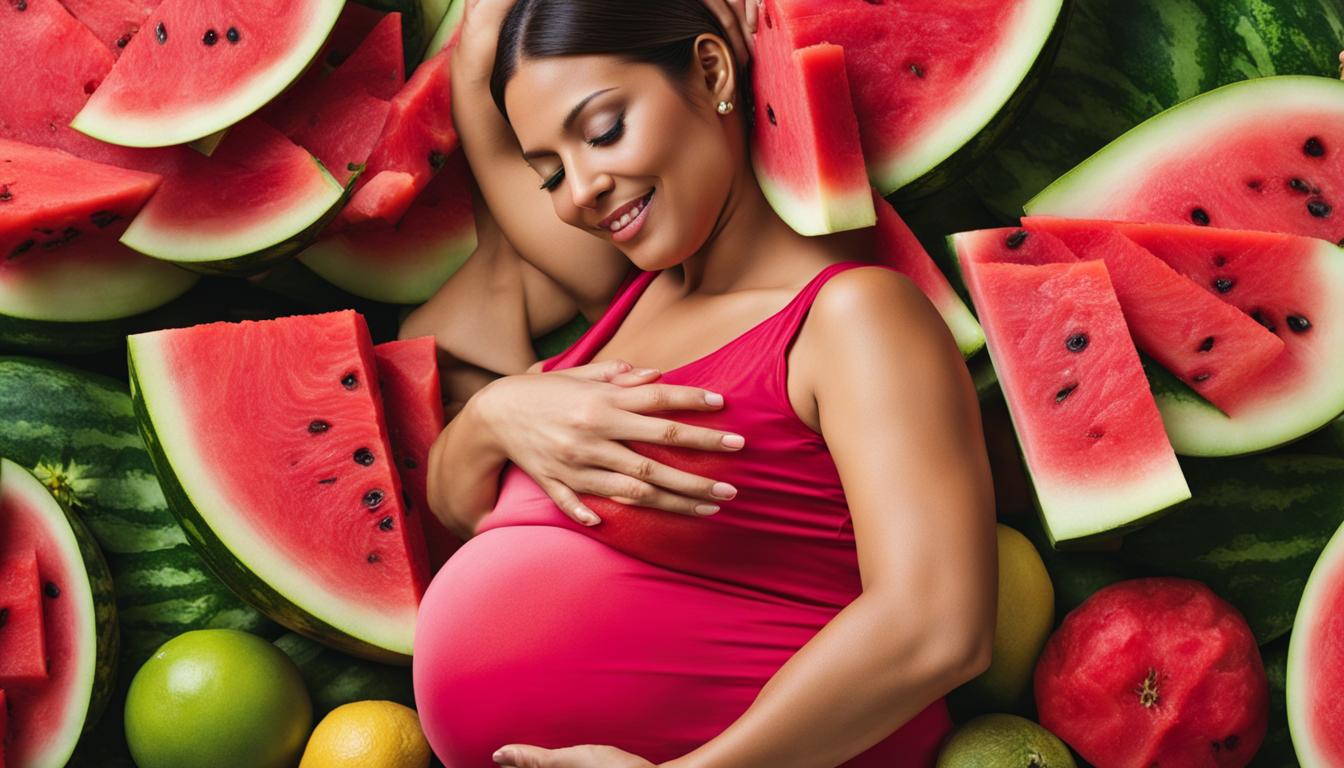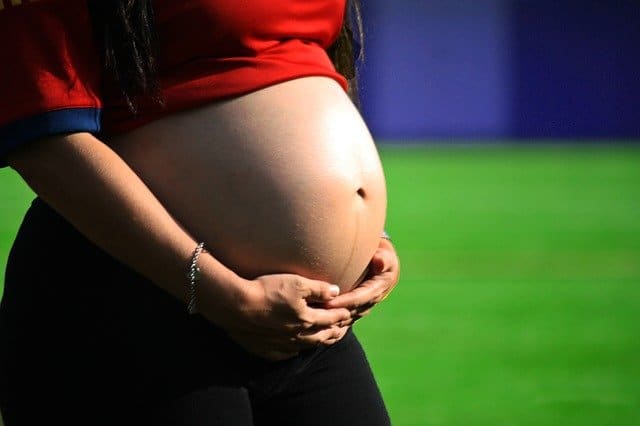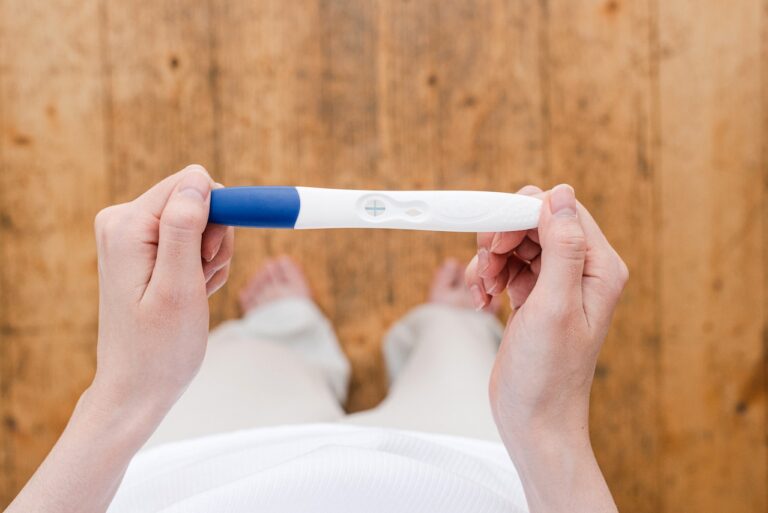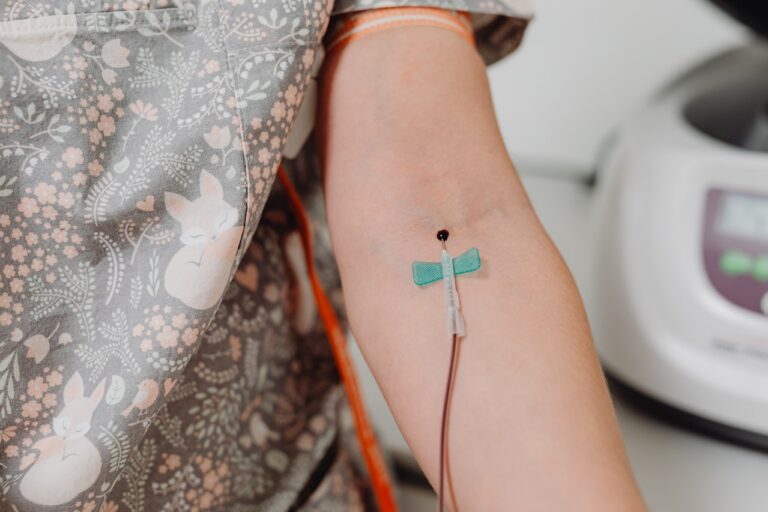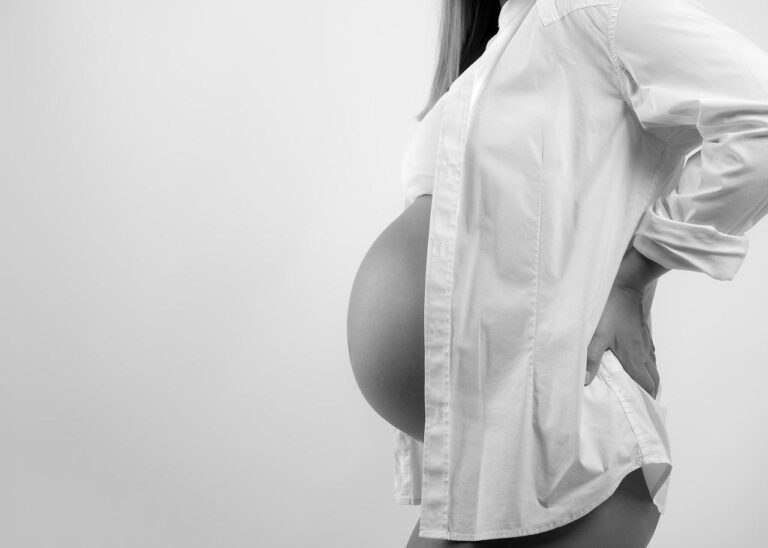Can Pregnant Women Eat Caviar? Is It Safe During Pregnancy
Navigating the dos and don’ts of pregnancy nutrition can be a complex journey. As someone who has experienced the cautious path of pregnancy, I understand the myriad of questions swirling around what’s safe and what’s not, especially when it comes to delicacies like caviar. During my pregnancy, I steered clear of caviar, erring on the side of caution due to the potential risks associated with raw seafood. But does that mean all expectant mothers should miss out on this luxurious treat? Not necessarily.
If you’re asking, “Can pregnant women eat caviar?” you’re in the right place. The answer is simply yes and no. While caviar does pose certain risks due to its raw nature, it’s also a nutrient-rich food that, when sourced and prepared correctly, has potential benefits for both mother and child. This article dives deep into the world of caviar, providing you with the insights you need to make an informed decision. From understanding what caviar is, and exploring the safety measures, to alternative food choices, we’ve got you covered. So, settle in, and let’s embark on this journey together.
What Is Caviar?
Caviar is a delicacy that is made from the salted eggs of various species of fish, including sturgeon, salmon, and trout. It is highly prized for its rich and creamy texture, as well as its unique flavor. Pregnant women should exercise caution when consuming caviar due to the risk of harmful bacteria present in raw fish eggs. However, when prepared properly and consumed in moderation, caviar can provide important health benefits for both mother and baby. It is always advisable to consult with a healthcare provider before including types of caviar in your diet during pregnancy, as they can provide personalized guidance based on your circumstances.
What Is the Difference Between Caviar and Roe?
Caviar and roe are both delicacies derived from fish eggs, but they differ in terms of processing and quality. Caviar refers specifically to the eggs of sturgeon, a type of fish found in the Caspian Sea and Black Sea. On the other hand, roe encompasses fish eggs from various species, such as salmon, trout, and paddlefish. While caviar is highly esteemed for its luxurious taste and texture, roe can vary in flavor and consistency.
One noteworthy difference when it comes to caviar and roe is the level of processing involved. Caviar is typically salt-cured and undergoes a meticulous aging process to enhance its flavor and texture. This careful preservation contributes to its prized reputation. In contrast, roe is often less refined and may be consumed fresh or lightly cured. This distinction in processing plays a role in the overall taste and quality of the eggs. Additionally, raw caviar carries a higher risk of bacterial contamination or listeria compared to some types of carefully prepared roe, making proper handling and storage essential for a healthy pregnancy.
Can Pregnant Women Eat Caviar?
While pregnant, it is important for a woman to be cautious with her food choices to ensure the health and well-being of both herself and her unborn baby. When it comes to caviar, there are several factors to consider. High in omega-3 fatty acids, caviar can provide numerous benefits, such as promoting healthy brain development in the unborn baby and reducing the risk of blood pressure complications in the pregnant woman. However, caution must be exercised as caviar also carries the risk of food poisoning due to its raw nature.
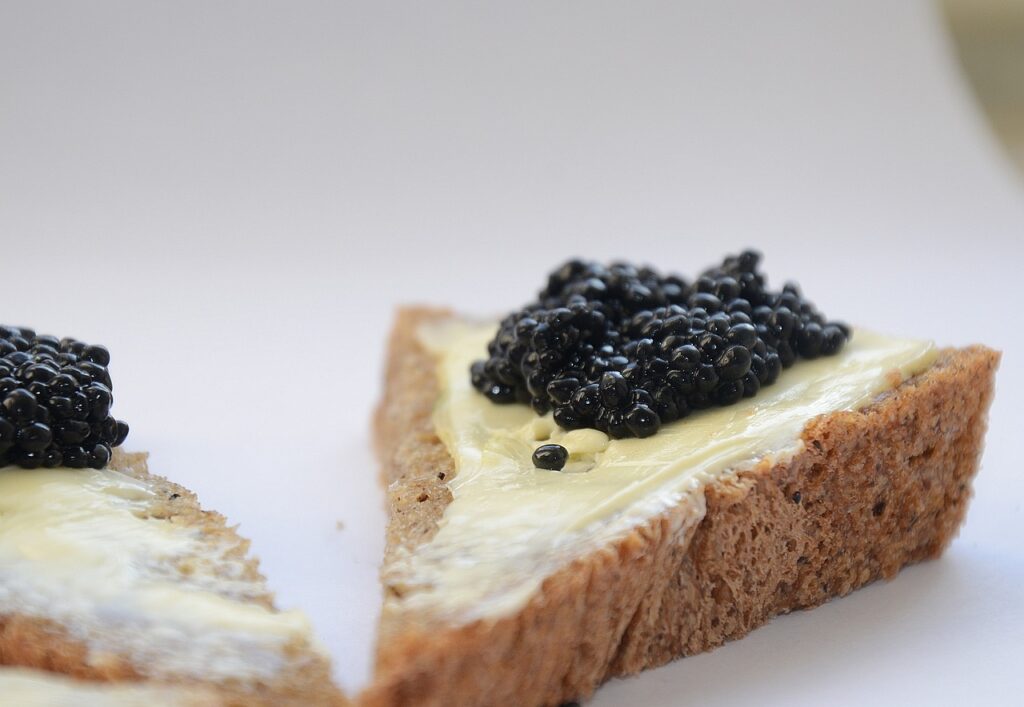
Black caviar, trout roe, and salmon caviar are among the popular types of caviar available. While these delicacies can be enjoyed by many, pregnant women are advised to consume them with caution. Raw food products, including caviar, may harbor harmful bacteria such as E. coli or Listeria, which can pose serious health risks, especially for pregnant women. Therefore, it is crucial for pregnant women to ensure that the caviar they consume is safely prepared to minimize the risk of foodborne illnesses.
Benefits of Eating Caviar While Pregnant
Eating unpasteurized fish roe, such as caviar, during pregnancy can provide certain benefits. Caviar derived from sturgeon fish, a common source of caviar, is high in nutritional value. It is particularly rich in omega-3 fatty acids, which are essential for the development of the baby’s brain and eyes. Additionally, caviar is a good source of vitamin D, which is important for bone health and immune function. However, it is important to note that caviar can also contain high levels of mercury, which is a concern for pregnant women. Therefore, it is crucial to consume caviar in moderation and as part of a balanced diet.
Despite its potential nutritional benefits, consuming raw fish roe like caviar while pregnant carries some risks. Raw fish products can be contaminated with bacteria or parasites, which can pose a threat to both the mother and the baby. Therefore, it is recommended that pregnant women consume only pasteurized caviar to reduce the risk of foodborne illness. Additionally, pregnant women should limit their intake of caviar due to its high mercury content. Mercury can accumulate in the body and affect the baby’s developing nervous system. Therefore, it is important for pregnant women to make informed choices about consuming caviar and consult with their healthcare provider for guidance on safe consumption.
Risks of Eating Caviar While Pregnant
Pregnant women need to be cautious when consuming caviar due to the potential risks it may pose to the developing fetus. One of the main concerns is the possibility of consuming raw seafood, which can increase the risk of foodborne illnesses. Additionally, some pregnant women may be allergic to certain types of caviar, which can lead to a severe allergic reaction. Therefore, it is crucial for expectant mothers to carefully consider the type of caviar they consume to minimize any potential harm to themselves and their unborn babies.
Furthermore, unpasteurized caviar is another risk factor to consider during pregnancy. Pasteurization is a process that kills any harmful bacteria present in the food, making it safer to eat. However, unpasteurized caviar may contain harmful bacteria such as Listeria, which can be dangerous for pregnant women. This bacterium can cross the placenta and cause infections or other complications for the developing fetus. Therefore, pregnant women need to opt for pasteurized caviar to reduce the risk of foodborne illnesses and safeguard the health of their unborn babies.
What Kind of Caviar Is Safe During Pregnancy?
Types of seafood that are safest to consume during pregnancy include fish that are low in mercury levels, such as salmon, trout, and sardines. However, it is important to note that caviar is not considered a type of seafood. Red caviar, specifically, is considered safe for pregnant women to consume in moderation. This type of caviar is made from the eggs of a variety of fish, including salmon, trout, and steelhead, and is known for its rich flavor and vibrant red color.
Pregnant women are advised to stay away from types of seafood with a high mercury content, such as shark, swordfish, and king mackerel. While caviar itself is generally safe during pregnancy, it is still recommended that pregnant ladies consume it in moderation to err on the safe side. Additionally, it is always a good idea for pregnant women to consult with their healthcare provider before adding caviar or any other type of food to their diet.
How to Prepare Caviar Safely for Pregnant Women
To prepare caviar safely for pregnant women, it is crucial to be aware of the potential risks associated with consumption. One of the main concerns is the presence of Listeria monocytogenes, a bacteria that can cause serious foodborne illness. Therefore, it is imperative to purchase caviar from reputable sources and ensure it is stored at the correct temperature to minimize the risk of bacterial contamination. Additionally, pregnant women should opt for pasteurized caviar, as it undergoes a process that kills harmful bacteria while retaining the flavor and texture of the caviar.
Choosing the best caviar for pregnant women involves considering nutritional value. Rich in omega-3 fatty acids, caviar provides numerous health benefits during pregnancy. These essential fatty acids are crucial for fetal brain development and can assist in reducing the risk of certain pregnancy complications. Caviar is also an excellent vitamin E source, essential for maintaining healthy skin and supporting the immune system. By weighing these considerations, pregnant women can make an informed decision about caviar consumption during this exciting time. Additionally, caviar is a natural source of folic acid, a vital nutrient that helps prevent birth defects and supports overall fetal development.
Alternatives to Eating Caviar While Pregnant
For pregnant women who want to avoid consuming caviar during their pregnancy, there are a few alternative options to consider. One option is to explore other types of seafood that are considered safe for pregnant women to consume. Salmon, for example, is not only a nutritious choice but also often considered a luxurious and indulgent food. Its rich flavor and texture can provide a similar experience to eating caviar, making it a satisfying substitute. Additionally, other shellfish such as shrimp or crab can be enjoyed as a delicious alternative, offering a different taste profile while still providing a touch of luxury.
Another alternative to eating caviar while pregnant is to explore vegetarian or vegan options that can provide a similar experience. Many plant-based food products on the market mimic the texture and flavor of caviar by using seaweed or other ingredients. These alternatives often come in small pearls or beads, resembling caviar’s appearance, and can be used as a topping or ingredient in various dishes. This allows pregnant women to enjoy a luxury food experience without the potential risks that caviar may pose during pregnancy, ensuring both their safety and enjoyment.
FAQ’s
What is caviar?
Caviar refers to the salted eggs or roe of sturgeon fish, usually harvested from the Caspian Sea.
What is the difference between caviar and roe?
Caviar specifically refers to the roe of sturgeon fish, while roe can be the eggs of any fish.
Can pregnant women eat caviar?
It is generally recommended that pregnant women avoid consuming raw or unpasteurized caviar to reduce the risk of foodborne illnesses.
What are the benefits of eating caviar while pregnant?
Caviar is a good source of omega-3 fatty acids, which are beneficial for fetal brain development.
What are the risks of eating caviar while pregnant?
Raw or unpasteurized caviar may contain bacteria or parasites that could harm the developing fetus.
What kind of caviar is safe during pregnancy?
Pasteurized caviar is considered safe for pregnant women to consume as it has undergone a heat treatment process to eliminate potential harmful bacteria.
How should caviar be prepared safely for pregnant women?
It is important to ensure that caviar is properly stored in the refrigerator and served chilled. Additionally, it should be consumed before the expiration date.
What are some alternatives to eating caviar while pregnant?
Pregnant women can consider consuming other sources of omega-3 fatty acids, such as cooked fish like salmon or trout, or taking omega-3 supplements after consulting with their healthcare provider.

